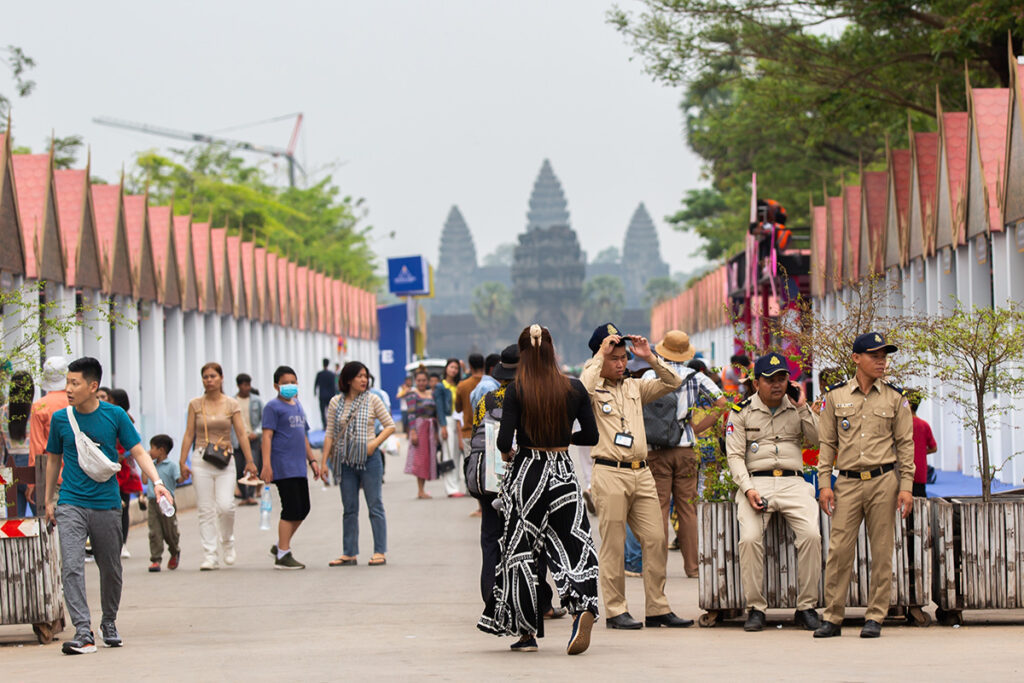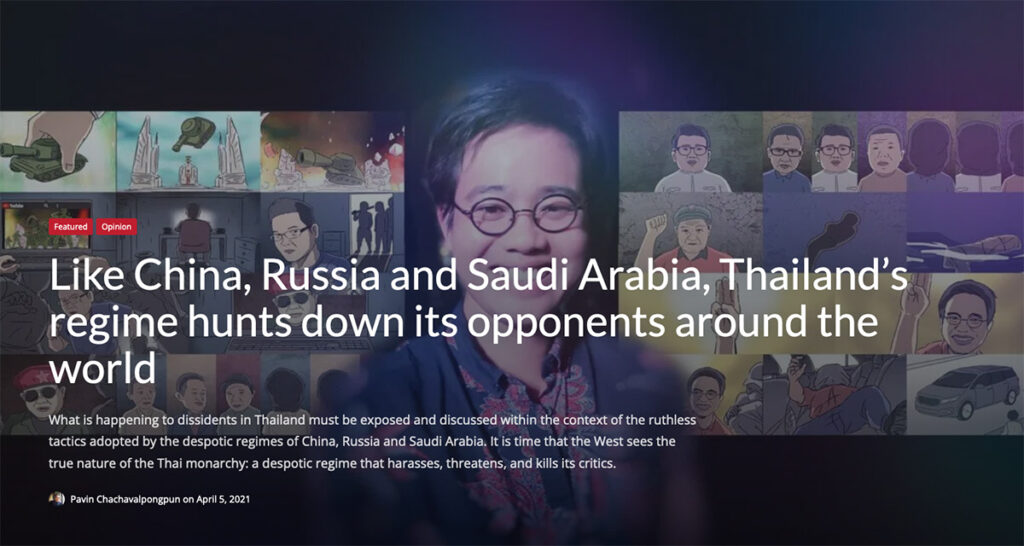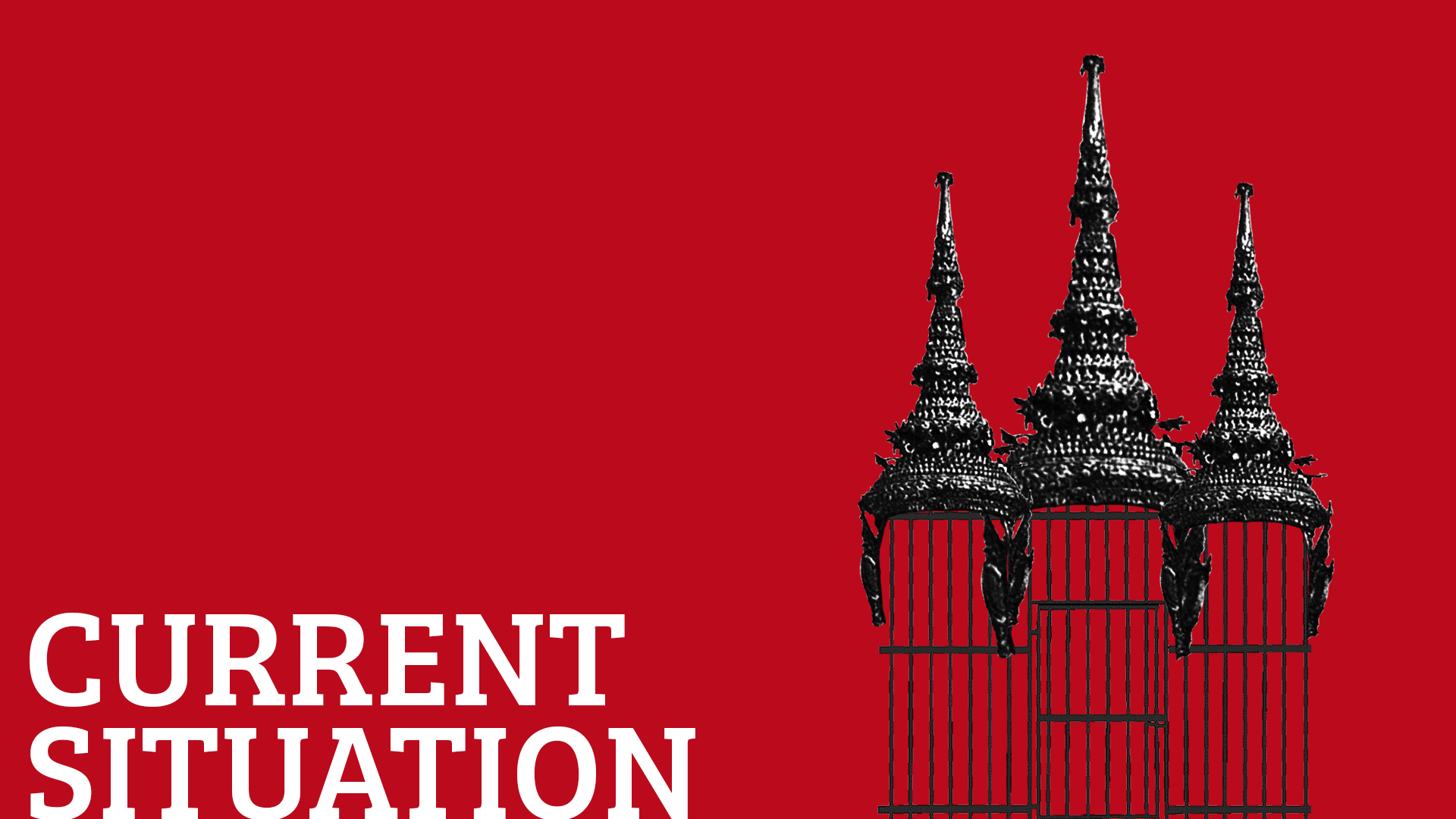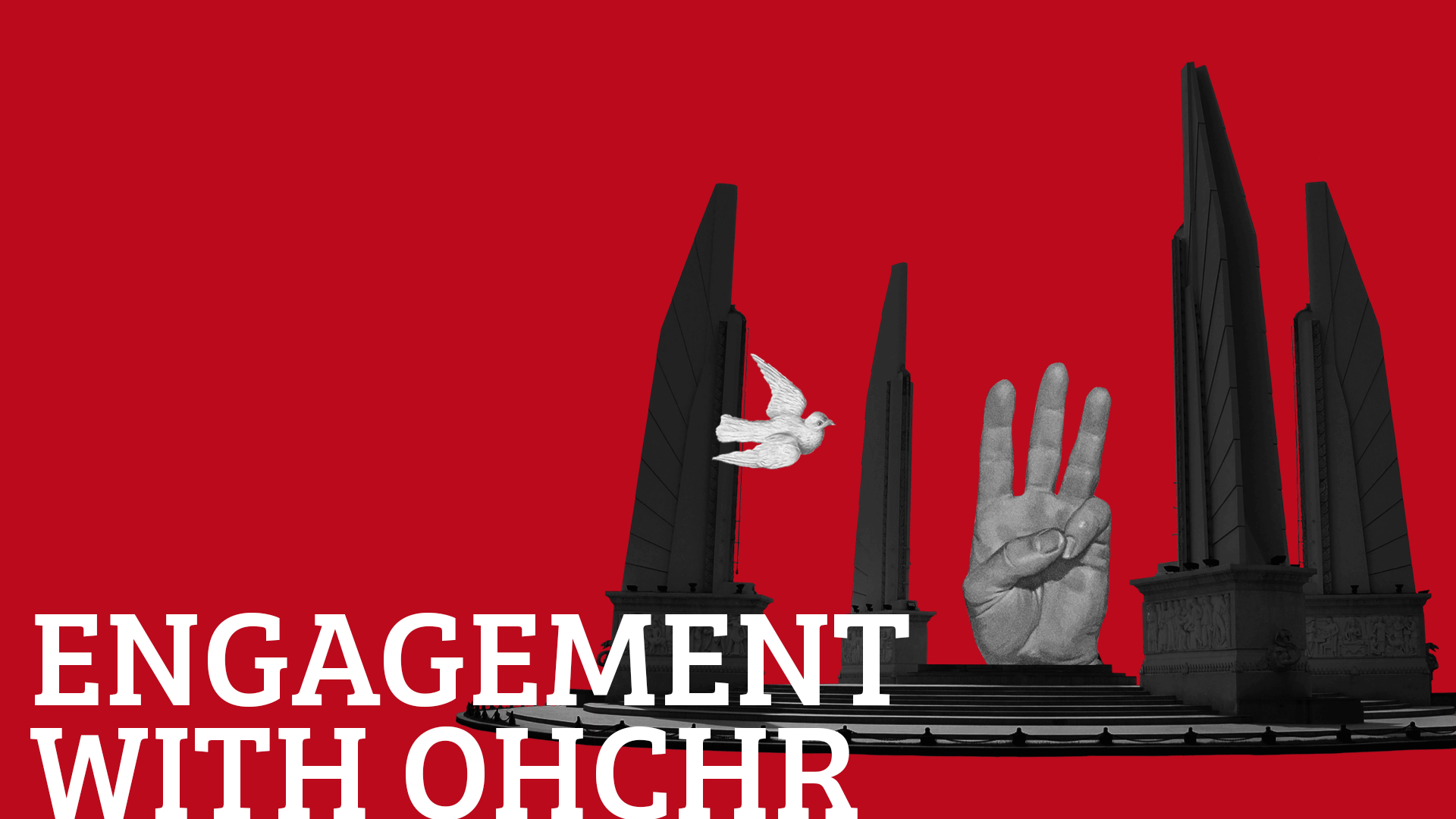
Royal Façade, Authoritarian Core: Cambodia's Refined Approach to Thai-Style Oppression
By introducing a seemingly milder law decades after Thailand, has Cambodia cunningly learnt to weaponize royal protection for political gain?
Prem Singh Gill, October 10, 20224
In light of Thailand's notorious Section 112 and Cambodia's more recent foray into Lèse-majesté legislation, a common thread emerges: Has Cambodia strategically crafted its 2018 into Lèse-majesté law as a more insidious version of Thailand's Section 112, designed to consolidate power and quash dissent while flying under the radar of international scrutiny? By introducing a seemingly milder law decades after Thailand, has Cambodia cunningly learnt to weaponize royal protection for political gain, all while maintaining a veneer of moderation that belies its true authoritarian aims? This comparative lens forces us to scrutinise not just the letter of these laws, but their evolving application in two nations grappling with the tensions between monarchy, democracy, and authoritarian impulses in Southeast Asia.
Royal Shields: From Thailand's Section 112 to Cambodia's 2018 Law
The introduction of Lèse-majesté laws in both Thailand and Cambodia represents a fascinating study in the evolution of political control mechanisms in Southeast Asia. Thailand's Section 112, introduced in 1907 during the reign of King Chulalongkorn (Rama V), has a long and contentious history. Over the years, it has been wielded as a powerful tool to silence critics, stifle dissent, and maintain the monarchy's elevated status in Thai society. The law's harsh penalties and broad interpretation have made it a subject of international criticism and a focal point for pro-democracy movements within Thailand. In contrast, Cambodia's relatively recent adoption of a similar law in 2018, with its comparatively milder sentencing of one to five years, presents an intriguing case study in the modern application of such legislation.
The timing of Cambodia's Lèse-majesté law is particularly noteworthy. Why did the country wait until 2018 to introduce such legislation, especially when neighbouring Thailand had long demonstrated its effectiveness as a tool for political control? This delay suggests a calculated move by the Cambodian government, potentially inspired by observing the effects of Thailand's more draconian version. By introducing a seemingly milder version of the law, Cambodia may be attempting to thread a delicate needle: gaining the benefits of such legislation for political control while avoiding the intense international scrutiny and criticism that Thailand has faced.
Moreover, the introduction of this law coincides with a period of increasing authoritarianism in Cambodia. The country has seen a significant erosion of democratic norms and civil liberties in recent years, with the ruling party consolidating power and suppressing opposition voices. In this context, the Lèse-majesté law can be seen as yet another tool in the government's arsenal to silence critics and maintain its grip on power. By framing the law as protection for the monarchy, the government can cloak its suppression of dissent in the guise of preserving cultural traditions and national unity.
Soft Authoritarianism: Cambodia's Calculated Approach to Royal Protection
The comparison between Thailand's Section 112 and Cambodia's into Lèse-majesté law reveals a nuanced approach to authoritarianism in the region. Thailand's law, with its harsher penalties and longer history, has become a symbol of the country's struggle between monarchy, military, and democratic forces. It has been used extensively, often in ways that have drawn international condemnation. Cambodia, perhaps learning from Thailand's experience, has opted for a softer approach on paper. The less severe penalties in the Cambodian law could be seen as an attempt to avoid the level of international backlash that Thailand has faced, while still achieving similar political goals.

This strategy of "soft authoritarianism" is not unique to Cambodia but represents a broader trend among autocratic regimes seeking to maintain power while preserving a veneer of democratic legitimacy. By implementing laws that appear less harsh than those of their neighbours, these regimes can deflect criticism and argue that they are more moderate or progressive. However, the reality often belies this facade, with such laws still being used selectively to target political opponents and critics.
Cross-Border Silencing: The Chilling Case of Wanchalearm Satsaksit
The case of Wanchalearm Satsaksit, a Thai pro-democracy activist allegedly abducted in Phnom Penh over four years ago, serves as a chilling example of the cross-border implications of these authoritarian tendencies. Wanchalearm was reportedly pushed into a black Toyota Highlander SUV on June 4, 2020, near the Mekong Gardens condominium where he lived. The Cambodian authorities' recent closure of the investigation into his disappearance, as announced by Khieu Sopheak, secretary of state and spokesman for the Interior Ministry, raises serious questions about the commitment to justice and human rights in both Cambodia and Thailand.
The lack of transparency in the investigation and the apparent ending of the enquiry without resolution have drawn criticism from Wanchalearm's family and advocacy groups. This case not only highlights the dangers faced by pro-democracy activists in the region but also underscores the potential for cross-border cooperation between authoritarian regimes in suppressing dissent. The fact that a Thai activist could disappear on Cambodian soil, with seemingly little consequence or thorough investigation, points to a disturbing trend of regional authoritarianism that transcends national boundaries.
The impact of these laws and practises extends beyond the immediate political sphere, affecting media, academia, and civil society. Journalists, scholars, and activists must navigate a treacherous landscape where critical analysis or reporting on royal affairs can lead to severe consequences. This environment of self-censorship and fear can have long-lasting effects on a country's intellectual and cultural development, stifling creativity, innovation, and the free exchange of ideas that are crucial for societal progress.

The Regional Ripple Effect: Southeast Asia's Democratic Decline
As we look to the future, the existence and enforcement of Lèse-majesté laws in Cambodia and Thailand, coupled with incidents like the disappearance of Wanchalearm Satsaksit, will likely continue to be flashpoints in the struggle for democratic reform in Southeast Asia. Pro-democracy activists and international observers will need to remain vigilant, not only against the overt use of these laws to suppress dissent but also against the more subtle and cross-border ways in which authoritarian regimes collaborate to silence opposition voices.
The saga of Lèse-majesté laws in Thailand and Cambodia, punctuated by the haunting disappearance of Wanchalearm Satsaksit, reveals a sinister evolution in the art of oppression. We are witnessing not just the suppression of free speech, but the calculated erasure of human lives in the name of protecting anachronistic power structures.
Cambodia's "softer" approach to Lèse-majesté legislation is not a sign of progress, but a dangerous refinement of authoritarian tactics. It's a velvet glove concealing an iron fist, designed to strangle dissent while smiling for the cameras of the international community. The Cambodian government has learnt the art of oppression by stealth, crafting laws that appear moderate on paper but serve as a licence for unchecked power in practise.
The case of Wanchalearm Satsaksit is not just a tragedy; it's a stark warning of the lengths to which these regimes will go to silence their critics. His disappearance and the subsequent farce of an investigation lay bare the hollowness of Cambodia's claims to rule of law. It exposes a terrifying reality where activists can be made to vanish across borders, with governments closing ranks to protect not their citizens, but their grip on power.
The international community's muted response to these developments is not just a failure of diplomacy; it's a betrayal of the very principles of human rights and democracy that many nations claim to champion. By turning a blind eye to the refined brutality of Cambodia's approach and the ongoing oppression in Thailand, the world becomes complicit in the slow death of democracy in Southeast Asia.
We are witnessing the birth of a new form of transnational authoritarianism, where regimes learn from each other's successes in oppression, adapting and evolving their tactics to stay one step ahead of those fighting for freedom. The Lèse-majesté laws of Thailand and Cambodia are not just domestic issues; they are the canaries in the coal mine, warning us of a future where autocrats rule with impunity, cloaked in the language of tradition and respect.
The time for diplomatic niceties and measured responses has long passed. We must call this what it is: a coordinated assault on human rights and democratic values, carried out with a sophistication that demands our immediate and unequivocal condemnation. Anything less is a tacit acceptance of a world where speaking truth to power becomes a capital offence, and where the disappearance of voices like Wanchalearm's becomes not an outrage, but a grim expectation.
The battle for the soul of Southeast Asia is not just being fought in the streets of Bangkok or the courts of Phnom Penh; it's being waged in the shadows, in the quiet disappearances and the laws crafted with just enough ambiguity to allow for unchecked abuse. It's a battle we cannot afford to lose, for the sake of Wanchalearm, for the countless unnamed others who have been silenced, and for the very idea of freedom itself.
Prem Singh Gill
Prem Singh Gill, Visiting Scholar at the Universitas Muhammadiyah Yogyakarta, Indonesia and Thammasat University






